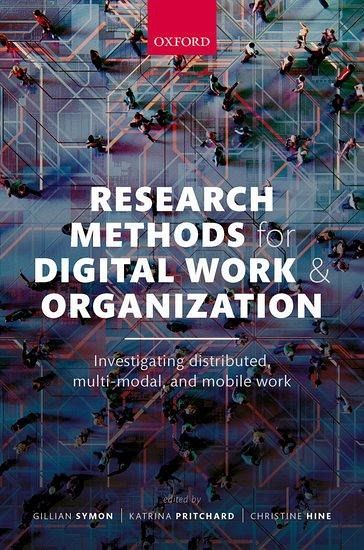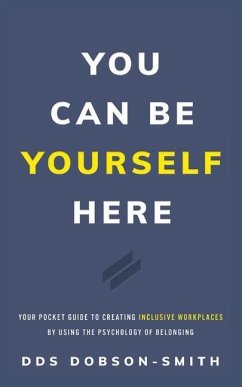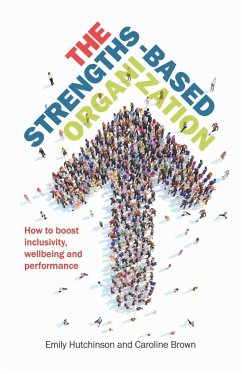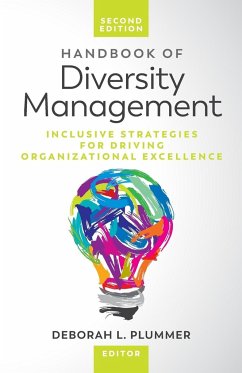Gillian Symon is Professor of Organization Studies in the School of Business and Management at Royal Holloway, University of London. Her research focuses on understanding digital work and organization as sociomaterial practice, and she specialises in qualitative approaches to analysing and understanding work and organization. She has co-edited four compendia of qualitative methods in this area, including Organizational Qualitative Research: Core Methods and Current Challenges (Symon and Cassell, 2012, Sage Publications). She is also co-founding editor of the journal Qualitative Research in Organization and Management (Emerald Publishing, with Catherine Cassell). Katrina Pritchard is a Professor in the School of Management, Swansea University. She is a qualitative researcher who embraces methodological diversity and innovation. She has published widely on topics ranging from digital ethics, ethnography, and visual studies to multi-method research, drawing on her research in organization studies across the topics of identity, diversity, and technology use at work. With Rebecca Whiting, she recently authored Collecting Qualitative Data using Digital Methods (2020, Sage Publications). Christine Hine is Professor of Sociology at the University of Surrey. She is a sociologist of science and technology with a particular focus on the role played by new technologies in the knowledge construction process. She has a major interest in the development of ethnography in technical settings and in the use of the Internet in social research. She is author of Virtual Ethnography (2000, Sage Publications), The Internet (2012, Oxford), and Ethnography for the Internet (2015, Bloomsbury), and editor of Virtual Methods (2005, Berg) and co-editor of Digital Methods for Social Science (2016, Palgrave).














